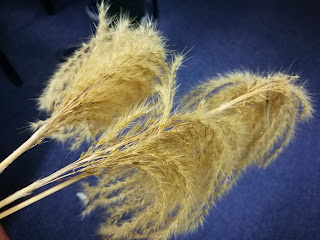Te Rawhiti Marae

I was fortunate to be asked to go on the the 4 day trip to Rawhiti Marae in November. I went with about 20 Māori students from Kata O'Donnell's tutor class and 3 other teachers. The purpose of the trip was to familiarise the students with Māori tikanga in a remote settlement on Māori land which is quite different from what they are accustomed to. Activities were run by WaiNot Tourism and featured a forest walk, snorkelling, fishing with nets, cooking pippis on the beach, swimming and jet ski riding. The students were kept busy from 7.45am until about 10pm at night. It was a great way for them to bond together well away from school and to have new experiences learning new skills. What did I learn from This? I learned more about ways of working with Māori students,the importance of tikanga, eating, sleeping and working together. It was fascinating to be in such a remote untouched environment and to see how the students behaved and related differently fro



